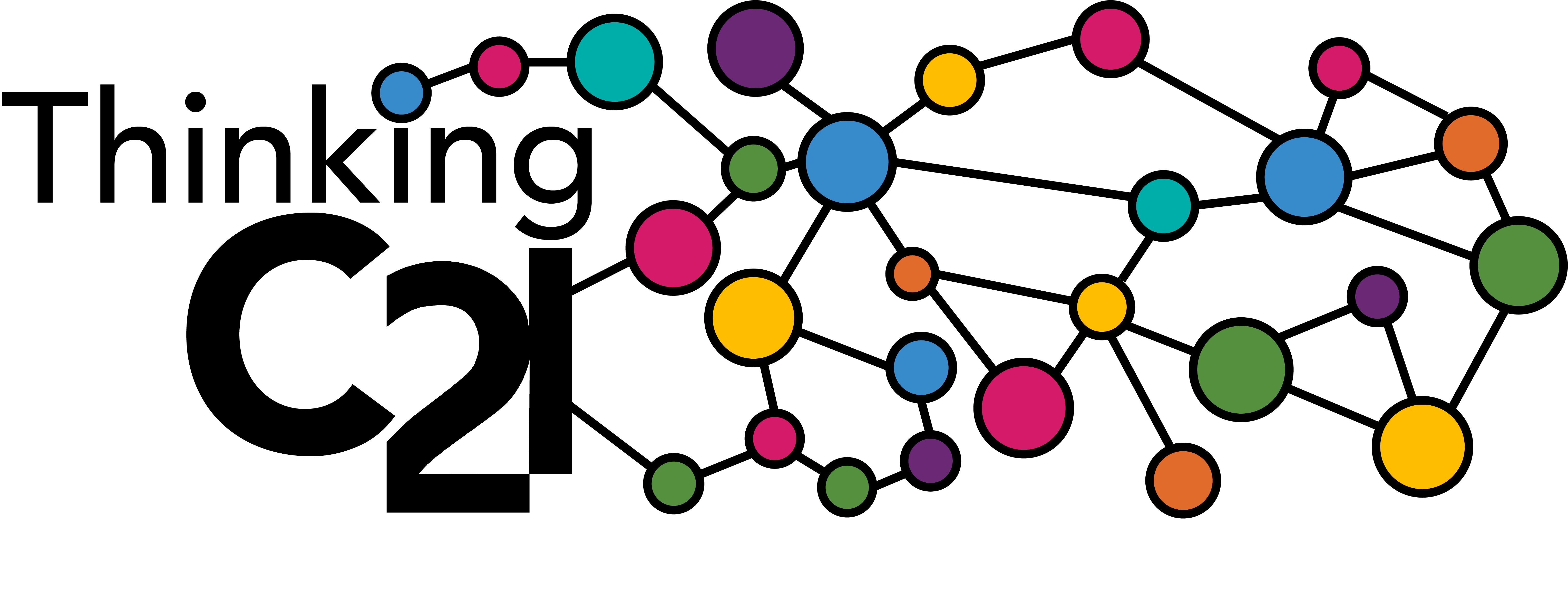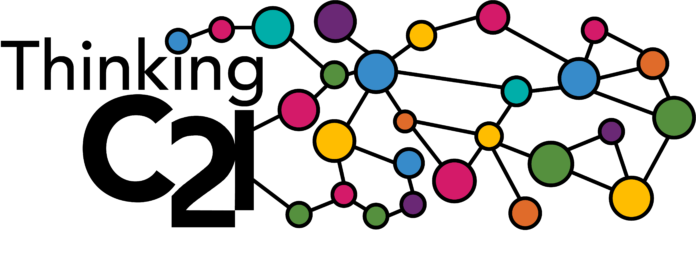By Molly McCourt
“In the huge realm of the possible, the actual is just this tiny bit,” Catherine Gallagher remarked as she seemed to pinch the air with her thumb and index finger. As she charted a history of counterfactual history in her presentation, I found myself getting impatient for the present…or at least the 20th century. While the idea of fracturing figures like Napoleon in order to redeem their current historical persona is a fascinating one, I was more interested in what Gallagher referred to as the “extreme world-making” that novelists explored in the 20thcentury. In many of these alternate history novels, Gallagher explained that the principle characters are often fictionalized and if historical persons are present, they are rarely the protagonist. This reminded me of a conversation I had with a colleague recently regarding the film Forrest Gump. (Cue the cringing of

most film scholars) My friend argued that the film is a work of alternate history due to the metacommentary that Forrest unknowingly creates. As the hero of the film, Forrest inspires the hip-swivel of a young Elvis Presley, interacts with three U.S. presidents, and may have blown the whistle on the Watergate Scandal. I sincerely wish I would have listened to Gallagher’s presentation before engaging in this conversation (and in my own alternate history, I did just that and totally bested this friend with my newfound knowledge). While Forrest does indeed represent another perspective, his actions are merely suggested as unknown catalysts in an already accepted idea of the U.S. in the 1960s and 70s. Basically, he does not suggest any ideas or create any events that could not be found in a history textbook. The film just uses Forrest’s fortunate timing as a charming trope.
Another moment in Gallagher’s talk brought a recent pop culture conversation to mind—this time when she mentioned the popular question of identity in alternate history novels. A popular example is: “Would a U.S. without a history of slavery still be the U.S. we know today?” Chuck Klosterman poses a similar question in his book Eating the Dinosaur. He asks readers what advice they would give their fifteen-year-old selves if given fifteen seconds on a voicemail message. While this is an intriguing thought experiment, Klosterman really wants to know whether the reader would be the same person if they took seriously the advice of your future self. While this comparison may be a bit trivial, it still pursues the question of how certain decisions affect one’s identity.
Gallagher’s presentation was quite captivating and thorough; however, because her ideas relate so well to media beyond written histories and novels, I’d like to hear how her alternate history scholarship could help us understand film, television, and digital culture.
[Molly McCourt is a first year PhD student in the Media, Cinema, and Digital Studies track in the English department at UW-Milwaukee. Her research interests include intertextuality, Bakhtinian carnival, and constructions of gender and sexuality in 20th and 21st century film, television, literature, and pop culture. She is participating in English 820 this spring (a course where you get credit for attending C21 events, among other things) and continues to enjoy it immensely]



